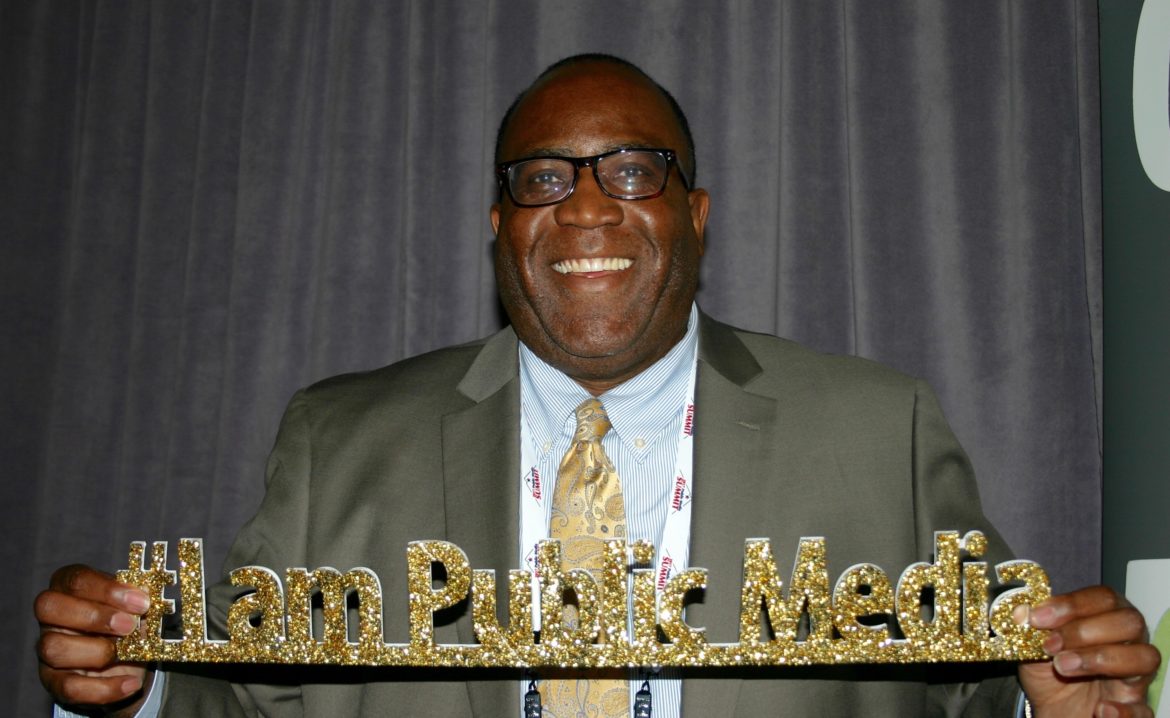CPB, APTS, NPR and PBS react to House Appropriations bill to zero out pubcasting support
Public broadcasting’s so-called “G4” – CPB, PBS, the Association of Public Television Stations advocacy organization and NPR – today (Feb. 12) issued comments on the formal proposal Friday by the House Appropriations Committee to eliminate federal funding for public broadcasting as part of cuts in the Continuing Resolution to keep the government running.
The statement from CPB:
“Federal funding for public media is a smart and careful investment that continues to deliver proven benefits to the American people at both a local and national level. It is a successful example of a vital public-private partnership,” said Pat Harrison, president and CEO of CPB.
“We understand the challenges to our economy as a result of increasing budget deficits, but the proposed elimination of funding for [CPB] will not address this challenge in a meaningful way; it represents a disproportionate attack on public media. Further, elimination of CPB would impact millions of Americans who rely on public media for free, quality content that has a mission to educate, inform and inspire. This proposed action would directly result in cuts to the 1,300 public television and radio stations that provide this service; impact thousands of jobs in rural, suburban and urban communities throughout the country already reeling from a faltering economy; and eliminate a valued service – content that strengthens our civil society through children’s and educational programming, lifelong learning for all Americans, and quality entertainment.”
The statement from PBS:
“PBS and public television stations are America’s largest classroom, the nation’s largest stage for the arts and a trusted window to the world – all at the cost of about $1 per person per year,” said PBS President and CEO Paula Kerger. “Federal funding provides vital seed money for PBS’ nearly 360 member stations, which are locally owned and operated, supporting important programming and initiatives, particularly among underserved groups like rural populations who wouldn’t otherwise be able to access public media content and services.
“We understand that, in this difficult economic environment, it is appropriate for Congress to carefully examine every federal expenditure to ensure its continued value to the American public. Legislation to eliminate funding for public broadcasting overlooks the critical value that PBS member stations provide, especially to parents and their children. It’s America’s children who will feel the greatest loss, especially those who can’t attend preschool. PBS’s educational media helps prepare children for success in school and opens up the world to them in an age-appropriate way.”
The statement from APTS:
“Federal funding is essential to the operations of more than 1,000 local public television and radio stations in communities across the country,” said APTS President and CEO Patrick Butler. “These local stations enhance the lives of their local communities through educational programming and services in K-12 schools, GED and other lifelong learning services, job training, in-depth coverage of local issues and state legislative proceedings, music and cultural programming, emergency alert and public safety services, and trusted local news and other programming that captures the rich diversity of American life. More than 170 million Americans regularly depend on these services, and they have consistently ranked public broadcasting as the second best use of federal funds, just behind national defense.
“We fully understand that, particularly in a time of economic challenge, it is appropriate for Congress to carefully examine every federal expenditure to assure its continued value to the American taxpayer. Eliminating the investment in public broadcasting would have a microscopic effect on the federal budget deficit but a devastating impact on local communities nationwide.”
The statement from NPR:
“The elimination of federal funding would be a significant blow to nearly 900 public radio stations that serve the needs of more than 38 million Americans with free over-the-air programming they can’t find anywhere else,” said NPR CEO and President Vivian Schiller. “It would diminish stations’ ability to bring high-quality local, national and international news to their communities, as well as local arts, music and cultural programming that other media don’t present. Rural and economically distressed communities could lose access to this programming altogether if their stations go dark.
“The public values and increasingly relies on the trustworthy news and information that public radio provides. The growing number of public radio listeners speaks to the hunger for independent local media sources that help make sense of what’s going on in their own community and around the world.”





Staff at CPB care about their bonuses and enormous 401K contributions, provided at the expense of the taxpayers. Defund CPB!!!
hey anonymous: would you like to eloaborate since i dont know anyone that works for the CPB?
The statements of these entities are gentle reminders of a harder truth. Children, teens, and families fallen on hard times cannot access educational programming or cultural enrichment any where else besides our public media. It would be another fatal blow to all of them, in addition to depriving the rest of us of information which is historical, global, scientific, cultural, technological…the array is so vast it is hard to describe…. I agree with the Ken Burns and the Rick Steeves comments as well. We will be left only with the BBC and occasional CBC sources. Network and cable and talk radio ALL have agendas driven by their funders &/or advertizing revenue. So shortsighted — I challenge the naysayers to listen/view for 1 weekday and they will see what they have been missing. Do No Harm